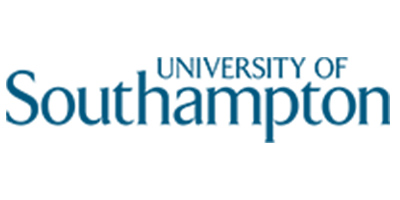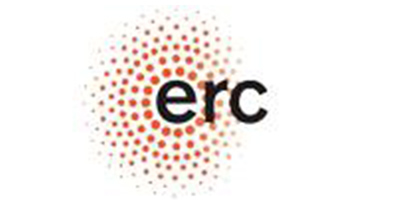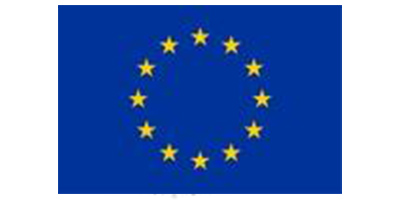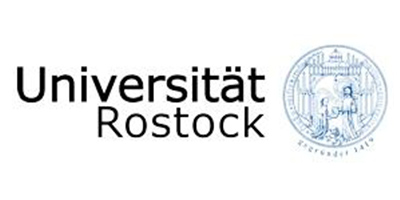European funding for research transforming the study of migration
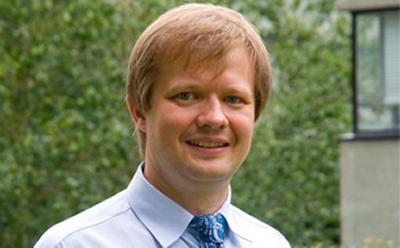
Research that could transform the study of migration will be carried out by a Southampton academic thanks to European funding.
Dr Jakub Bijak, an Associate Professor in Demography at the University of Southampton, will lead the team exploring methods to enhance knowledge and understanding of migration processes.
Jakub was one of 314 top researchers in Europe selected by the European Research Council (ERC) to share in a total of €605m funding.
The ERC Consolidator Grants aim to support researchers and give them a chance to have a far-reaching impact on science. The money is designed to help the researchers establish research teams and develop a successful career in Europe, or strengthen recently-created research teams.
Jakub has been awarded €1.45m for the four-year project Bayesian Agent-based Population Studies (BAPS): Transforming Simulation Models of Human Migration.
BAPS will build on Jakub’s previous research into migration modelling and forecasting. It aims to use the concepts of intelligent agents and social networks to develop a ground-breaking simulation model of international migration. The simulations will see the agents (migrants, states and institutions) interacting in a way that will mimic the trends observed in the real world. State-of-the-art statistical tools will identify the exact areas for experimentation, and cognitive experiments will help improve understanding about the way people make migration decisions under uncertainty.
The team will also develop a bespoke, intuitive programming language to help deal with the project’s computational challenges.
Jakub said: “I am absolutely thrilled to receive the ERC grant for this project. Migration is a top priority EU policy area and one of the key social challenges in contemporary Europe. We need to better understand the processes and decisions that underpin it, so this project will look at developing and testing innovative methods for modelling migration which we hope will offer a step change in the how migration is understood, predicted and managed.”
Jakub will be leading an interdisciplinary team with expertise in demography, agent-based models, and statistical analysis of uncertainty, meta-cognition and computer simulations. The team will include Southampton colleagues Professor Peter Smith, from Social Statistics and Demography; Professor Jonathan Forster, from Mathematics; and Dr Philip Higham, from Psychology. They will also work with Professor Adelinde Uhrmacher, from Computer Science at the University of Rostock in Germany.
Jakub added: “BAPS will offer a pioneering environment for applying our findings in practice and will generate both academic and practical impact. The project will allow us to evaluate various migration policies through computer simulations and experiments under controlled, yet realistic conditions. We also hope to build a platform for interdisciplinary, complex, quantitative studies of migration.”
The project is due to start in summer 2017.




